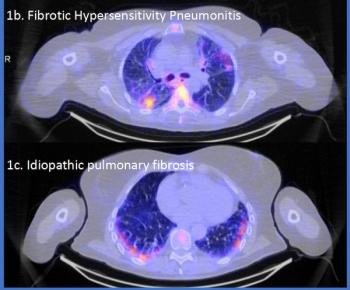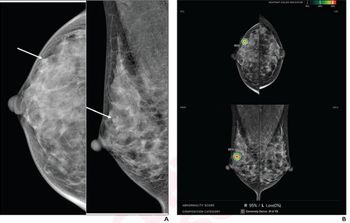
Philips reports lower imaging sales
Other headlines:TomoTherapy changes Siemens supply agreementGE strikes PET deal with Brigham and Women’s Johnson joins InSite One
Philips reports lower imaging sales
Philips Healthcare escaped the first quarter with a scant 2% decline in revenues compared with the year-earlier period, a slight drop compared with double-digit declines in the company's consumer lifestyle and lighting divisions. The modest size of the drop was achieved largely on the coattails of gains in home healthcare and through sales in emerging markets overseas, especially in Central and Eastern Europe, the Middle East, and India. The company noted lower sales at Imaging Systems, Healthcare Informatics/Patient Monitoring, and Clinical Care Systems. Chief Executive Gerard Kleisterlee said the company's healthcare group is facing a very soft U.S. hospital market but will continue "to execute its strategy to further build leadership in Health and Well-being, maintaining investments in R&D, marketing, and small acquisitions."
TomoTherapy changes Siemens supply agreement
On April 10, 2009, TomoTherapy amended its manufacture and supply agreement with Siemens for the manufacture, purchase, and sale of linear accelerators and related components. The amendment, which itself took effect April 1, 2009, but extends retroactively to Oct. 8, 2008, cuts the maximum price that Siemens can charge TomoTherapy to repair out-of-warranty linear accelerator assemblies. The amendment also provides that if a linear accelerator assembly cannot be repaired, as determined by both Siemens and TomoTherapy, then Siemens will issue a specified credit for the scrap value of the material. It adds to the warranty provision that repaired out-of-warranty accelerator assemblies are warranted for 12 months from the date of delivery.
GE strikes PET deal with Brigham and Women's
GE Healthcare has signed a research agreement with Brigham and Women's Hospital to transition PET developments into clinical applications. Staff from GE and the 777-bed teaching affiliate of Harvard Medical School plan to focus on developing personalized approaches to the diagnosis and management of patients with oncologic, neurologic, and cardiovascular diseases.
Johnson joins InSite One
Douglas L. Johnson has joined InSite One as director of enterprise storage solutions. Johnson, who has 30 years' experience in sales and marketing, will focus on integrated delivery networks and large hospitals whose requirements are addressed by InSite One's InDex enterprise archive and storage consolidation technologies.
Newsletter
Stay at the forefront of radiology with the Diagnostic Imaging newsletter, delivering the latest news, clinical insights, and imaging advancements for today’s radiologists.















